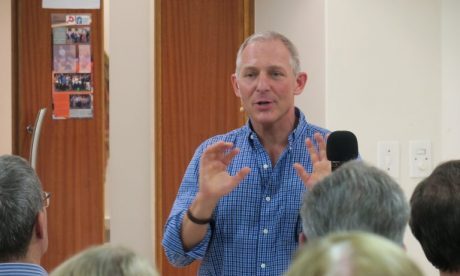Some self-declared Catholic traditionalists have been complaining bitterly that there is much confusion and division within the Catholic Church.
They blame it all on Pope Francis and especially on the challenging program he has launched for ecclesial renewal and reform. In doing so, they are de facto opposing the pope—especially his more merciful and pastoral application of the gospel and church teaching.
“There has never been such open opposition to a pope as there has been to Bergoglio,” says Andrea Riccardi, the Italian historian who founded the Sant’Egidio Community shortly after the Second Vatican Council.
Professor Riccardi recently noted that this opposition exists at “various levels of the hierarchy, amongst the laity and on blogs.”
He says it is rooted in a net refusal of the pope’s message.
“I think of a certain type of traditionalism and I ask myself: how can it be such by rebuffing the pope?” says Riccardi.
Exactly.
Traditionalists are generally defined by their unflinching loyalty to the Roman Pontiff. But when the one seated on the Chair of Peter is not to their liking, these papists in the extreme find themselves in deep conflict.
However, they are right about one thing: there is a lot of confusion and division in the church. It’s just that it’s not the fault of Pope Francis.
For example, there is nothing more confusing—for English-speaking Catholics, at least—than the awkward prayers used each day at Mass. This is not Francis’s doing. It’s the responsibility of his two most recent predecessors.
They were the ones who ordered the transliteration of the Latin texts found in the Roman Missal and then promulgated a version of that missal (more properly called the Sacramentary) that, in so many respects, is not even proper English at all. Continue reading
- Robert Mickens is English-language editor of La Croix International.
News category: Analysis and Comment.




